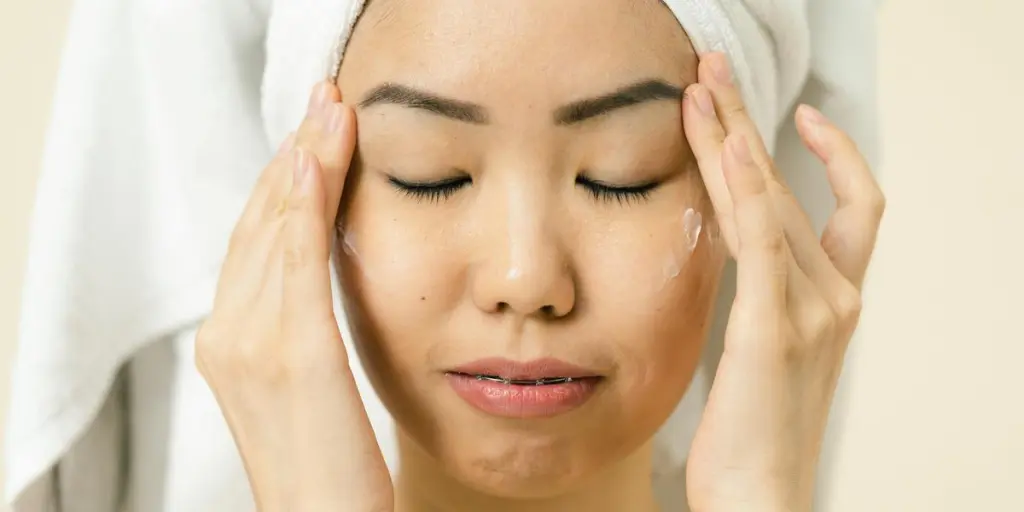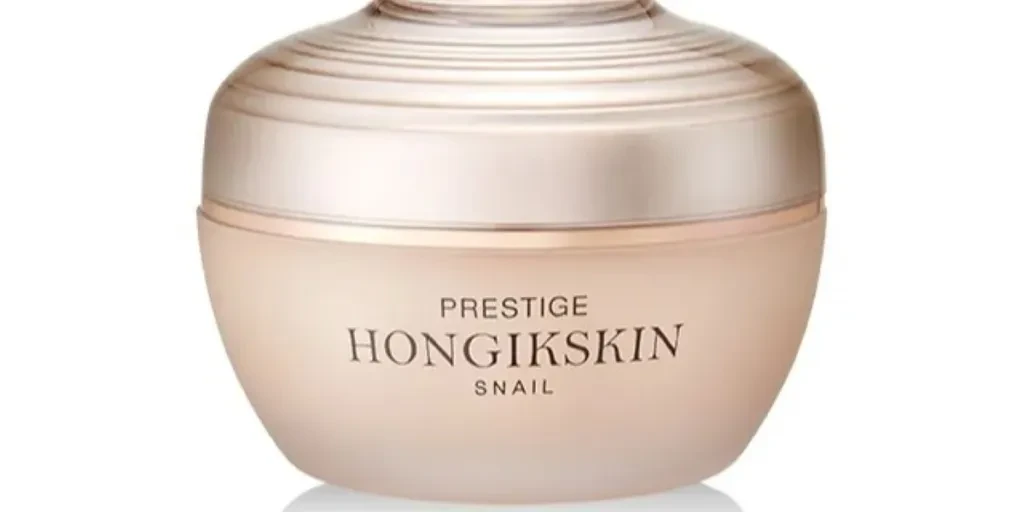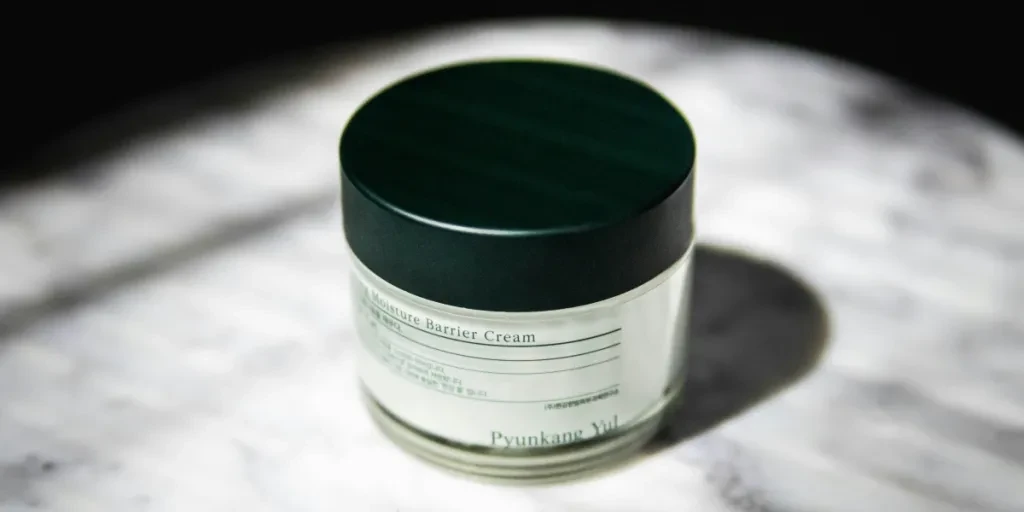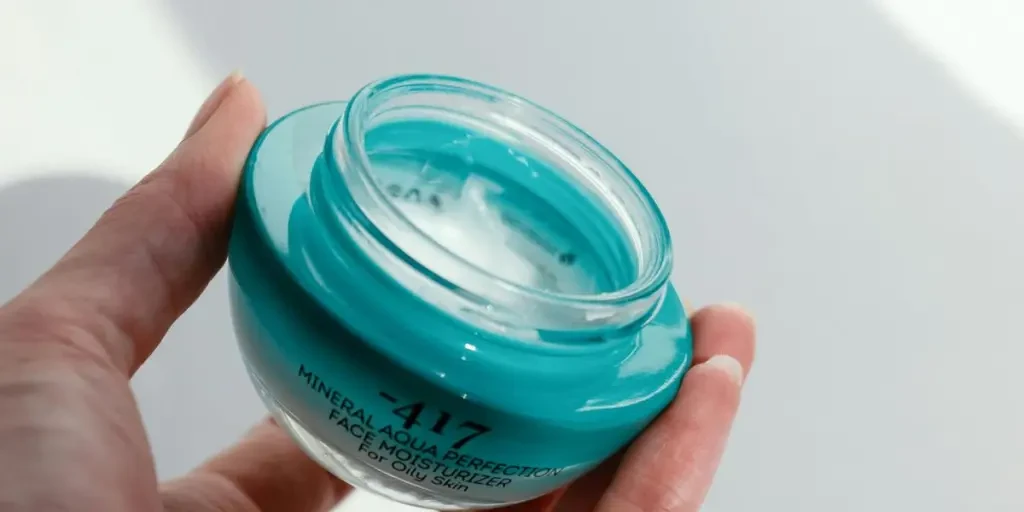In the ever-evolving world of skincare, hyaluronic moisturizers have emerged as a standout product, capturing the attention of both consumers and industry professionals. As we navigate through 2025, the demand for these innovative moisturizers continues to soar, driven by their unique properties and the growing awareness of their benefits. This comprehensive guide delves into the essence of hyaluronic moisturizers, exploring their market potential and the factors contributing to their rising popularity.
Table of Contents:
– Understanding Hyaluronic Moisturizers and Their Market Potential
– Exploring Popular Types of Hyaluronic Moisturizers
– Addressing Consumer Pain Points with Hyaluronic Moisturizers
– Key Factors to Consider When Sourcing Hyaluronic Moisturizers
– Wrapping Up: The Future of Hyaluronic Moisturizers in the Beauty Industry
Understanding Hyaluronic Moisturizers and Their Market Potential

What Makes Hyaluronic Moisturizers Stand Out?
Hyaluronic moisturizers are celebrated for their exceptional hydrating capabilities, thanks to the presence of hyaluronic acid—a naturally occurring substance in the skin that can hold up to 1,000 times its weight in water. This remarkable ability to retain moisture makes hyaluronic moisturizers a go-to solution for individuals seeking to maintain a youthful and radiant complexion. Unlike traditional moisturizers, hyaluronic-based products penetrate deeper into the skin, providing long-lasting hydration and improving skin elasticity.
The global sodium hyaluronate-based products market, which includes hyaluronic moisturizers, is projected to reach USD 17.73 billion by 2030, with a compound annual growth rate (CAGR) of 7.7% from 2023 to 2030. This growth is fueled by the increasing geriatric population, rising awareness of skincare benefits, and advancements in non-invasive aesthetic procedures. Sodium hyaluronate, a more soluble form of hyaluronic acid, is particularly favored for its superior skin penetration and effectiveness in dermal fillers, further boosting its market appeal.
Trending Social Media Hashtags and Broader Trend Topics
In the digital age, social media plays a pivotal role in shaping consumer preferences and driving product trends. Hyaluronic moisturizers have gained significant traction on platforms like Instagram and TikTok, with hashtags such as #HyaluronicAcid, #HydrationBoost, and #GlowingSkin amassing millions of posts. Influencers and skincare enthusiasts frequently share their positive experiences with these products, highlighting their transformative effects on skin health.
Broader trend topics that align with the popularity of hyaluronic moisturizers include the clean beauty movement and the demand for products with natural and effective ingredients. Consumers are increasingly seeking skincare solutions that are free from harmful chemicals and deliver visible results. Hyaluronic moisturizers, with their ability to provide intense hydration without clogging pores, perfectly fit this narrative, making them a staple in modern skincare routines.
Areas of Demand Growth and Market Potential
The demand for hyaluronic moisturizers is expected to witness substantial growth across various regions, particularly in North America, Europe, and the Asia-Pacific. North America, which accounted for over 35% of the sodium hyaluronate-based products market in 2022, continues to lead due to higher healthcare expenditure and a greater number of aesthetic procedures. The region’s preference for clean, natural, and innovative skincare products further propels the market for hyaluronic moisturizers.
In the Asia-Pacific, the market is driven by the diverse climatic conditions and the rising disposable incomes of consumers. Countries like China, Japan, and South Korea are at the forefront, with a significant emphasis on skincare and beauty. The Asia-Pacific moisturizer market is projected to grow at a CAGR of 5.5% from 2024 to 2031, reflecting the region’s increasing focus on personal hygiene and skincare.
Moreover, the growing middle class and the expansion of e-commerce platforms have made premium skincare products more accessible to a broader audience. As consumers become more informed about the benefits of hyaluronic acid, the demand for hyaluronic moisturizers is set to rise, presenting lucrative opportunities for retailers and wholesalers in the beauty and personal care industry.
In conclusion, hyaluronic moisturizers are poised to dominate the skincare market, driven by their unparalleled hydrating properties and the increasing consumer awareness of their benefits. As we move forward, staying attuned to social media trends and regional market dynamics will be crucial for businesses looking to capitalize on this burgeoning market.
Exploring Popular Types of Hyaluronic Moisturizers

Gel-Based Hyaluronic Moisturizers: Pros and Cons
Gel-based hyaluronic moisturizers have gained significant traction in the beauty industry due to their lightweight and fast-absorbing properties. These moisturizers are particularly favored by individuals with oily or combination skin types, as they provide hydration without leaving a greasy residue. The gel formulation allows for quick absorption, making it an ideal choice for those who prefer a non-sticky finish. According to a professional report, products like Neutrogena’s Hydro Boost Water Gel are designed to attract water to the skin, enhancing moisture balance and improving overall complexion.
However, gel-based moisturizers may not be suitable for everyone. One of the primary drawbacks is that they might not provide sufficient hydration for individuals with extremely dry skin. The lightweight nature of these gels means they may need to be reapplied more frequently compared to heavier creams. Additionally, some formulations may contain alcohol or other ingredients that can be drying or irritating to sensitive skin. Business buyers should consider these factors when sourcing gel-based hyaluronic moisturizers, ensuring they cater to a diverse range of skin types and preferences.
Cream-Based Hyaluronic Moisturizers: Effectiveness and Ingredients
Cream-based hyaluronic moisturizers are known for their rich and nourishing textures, making them a popular choice for individuals with dry or mature skin. These moisturizers often contain a blend of emollients and occlusives that help to lock in moisture and provide long-lasting hydration. For instance, the Dr. Jart+ Vital Hydra Solution Water Cream offers deep hydration while enhancing a radiant glow, making it a practical choice for those seeking to achieve a well-hydrated, healthy complexion.
The effectiveness of cream-based moisturizers largely depends on their ingredient composition. High-quality formulations typically include a combination of hyaluronic acid, ceramides, and natural oils, which work together to strengthen the skin barrier and prevent moisture loss. Products like Jeffree Star Skin’s Restorative Creme Moisturizer, which includes niacinamide and antioxidant-rich ingredients, are designed to provide hydration, reduce excess oil production, and improve complexion. Business buyers should prioritize sourcing products with a robust ingredient profile that addresses various skin concerns, ensuring they meet the needs of their target market.
Serum-Based Hyaluronic Moisturizers: Consumer Feedback and Innovations
Serum-based hyaluronic moisturizers are highly concentrated formulations that deliver intense hydration and targeted treatment benefits. These serums are often used in conjunction with other skincare products to enhance their efficacy. According to consumer feedback, products like the Marcelle 2% Hyaluronic Acid + Probiotic Serum are praised for their ability to provide an instant boost of hydration, improve skin tone, and strengthen the skin’s microbiome.
Innovations in serum-based moisturizers have led to the development of multi-functional products that address a range of skin concerns. For example, the HA Intensifier Multi-Glycan by SkinCeuticals combines hyaluronic acid with patented Proxylane technology and purple rice extract to boost hyaluronic acid levels and provide visibly plumper skin. These advancements highlight the importance of sourcing cutting-edge products that leverage the latest scientific research and ingredient technologies. Business buyers should seek out serum-based moisturizers that offer unique benefits and cater to the evolving demands of consumers.
Addressing Consumer Pain Points with Hyaluronic Moisturizers

Common Issues Faced by Consumers
Despite the popularity of hyaluronic moisturizers, consumers often encounter several common issues. One of the primary concerns is the potential for irritation or allergic reactions, particularly for individuals with sensitive skin. Ingredients such as alcohol, fragrances, and certain preservatives can exacerbate these issues, leading to redness, dryness, or breakouts. Additionally, some consumers may find that hyaluronic acid products do not provide sufficient hydration in extremely dry or cold climates, necessitating the use of additional moisturizing products.
Another common issue is the inconsistency in product performance. Consumers may experience varying results depending on the formulation, concentration of hyaluronic acid, and the presence of other active ingredients. This inconsistency can lead to dissatisfaction and a lack of trust in the product’s efficacy. Business buyers should be aware of these pain points and prioritize sourcing products that address these concerns through high-quality formulations and rigorous testing.
Effective Solutions and Product Recommendations
To address these consumer pain points, it is essential to source hyaluronic moisturizers that are formulated with gentle, non-irritating ingredients. Products like the MyCHELLE Dermaceuticals® Ultra Hyaluronic Eye Gel, which is free of parabens, petroleum, phthalates, silicones, sulfates, and artificial fragrances, offer a safer alternative for sensitive skin. Additionally, incorporating natural anti-inflammatory ingredients such as chamomile, aloe vera, and centella asiatica can help soothe and calm irritated skin.
For consumers seeking more intensive hydration, products that combine hyaluronic acid with other moisturizing agents, such as ceramides and squalane, can provide enhanced benefits. The LANEIGE Water Bank Blue Hyaluronic Intensive Moisturizer, for example, offers 120-hour hydration and rapid moisture barrier repair, making it an excellent choice for those with extremely dry skin. Business buyers should consider these product recommendations and prioritize sourcing formulations that cater to a wide range of skin types and concerns.
Innovations Addressing Consumer Needs
Innovations in hyaluronic moisturizers continue to address consumer needs by incorporating advanced technologies and unique ingredient combinations. One notable innovation is the use of multi-weight hyaluronic acid, which provides layered hydration and improved moisture retention. Eucerin’s Immersive Hydration Collection, for instance, utilizes multi-weight hyaluronic acid to intensely hydrate skin and reduce fine lines and wrinkles.
Another innovative approach is the development of products that offer additional benefits beyond hydration. The Suave Hyaluronic Infusion Haircare Collection, for example, extends the benefits of hyaluronic acid to haircare, providing moisture retention and smoothing effects for dehydrated hair. These innovations highlight the potential for cross-category applications and the importance of sourcing versatile products that meet diverse consumer needs. Business buyers should stay informed about the latest advancements in hyaluronic moisturizers and seek out products that leverage these innovations to provide superior results.
Key Factors to Consider When Sourcing Hyaluronic Moisturizers

Ingredient Quality and Safety Standards
When sourcing hyaluronic moisturizers, ingredient quality and safety standards should be a top priority. High-quality ingredients not only ensure the efficacy of the product but also minimize the risk of adverse reactions. Business buyers should look for products that use pharmaceutical-grade hyaluronic acid and are free from harmful additives such as parabens, sulfates, and synthetic fragrances. Additionally, sourcing products that have undergone rigorous testing and are dermatologist-approved can provide an added layer of assurance regarding their safety and effectiveness.
It is also important to consider the concentration of hyaluronic acid in the formulation. Products with higher concentrations of hyaluronic acid, such as the Marcelle 2% Hyaluronic Acid + Probiotic Serum, tend to offer more potent hydration benefits. However, the overall formulation should be balanced to prevent potential irritation. Business buyers should prioritize sourcing products that strike the right balance between efficacy and safety, ensuring they meet the needs of their target market.
Packaging and Sustainability Considerations
Sustainable packaging is becoming increasingly important in the beauty industry, as consumers are more conscious of their environmental impact. Business buyers should seek out hyaluronic moisturizers that use eco-friendly packaging materials, such as recyclable or biodegradable containers. Brands like LANEIGE, which offers a refillable pod that reduces plastic consumption by 70%, set a strong example of how sustainability can be integrated into product design.
In addition to sustainability, packaging stability is crucial to maintaining the integrity of the product. Hyaluronic acid is sensitive to light and air, which can degrade its effectiveness over time. Therefore, sourcing products with airtight and opaque packaging can help preserve the potency of the active ingredients. Business buyers should consider both sustainability and packaging stability when selecting hyaluronic moisturizers to ensure they meet consumer expectations and regulatory standards.
Price Points and Supplier Reliability
Price points and supplier reliability are critical factors to consider when sourcing hyaluronic moisturizers. While it is important to offer competitive pricing, the quality of the product should not be compromised. Business buyers should conduct thorough market research to identify suppliers that offer high-quality products at reasonable prices. Establishing strong relationships with reliable suppliers can also ensure consistent product availability and timely deliveries.
Supplier reliability extends beyond product quality and availability. It is essential to work with suppliers who adhere to ethical manufacturing practices and comply with local regulatory standards. This includes ensuring that products are cruelty-free, vegan, and free from harmful chemicals. By partnering with reputable suppliers, business buyers can build trust with their customers and maintain a positive brand reputation.
Wrapping Up: The Future of Hyaluronic Moisturizers in the Beauty Industry

In conclusion, hyaluronic moisturizers continue to evolve with advancements in ingredient technology and formulation innovations. Business buyers must prioritize sourcing high-quality, safe, and effective products that cater to diverse consumer needs. By considering factors such as ingredient quality, packaging sustainability, and supplier reliability, buyers can ensure they offer products that meet the growing demand for superior hydration and skincare benefits. The future of hyaluronic moisturizers looks promising, with ongoing innovations set to drive further growth and consumer satisfaction in the beauty industry.




